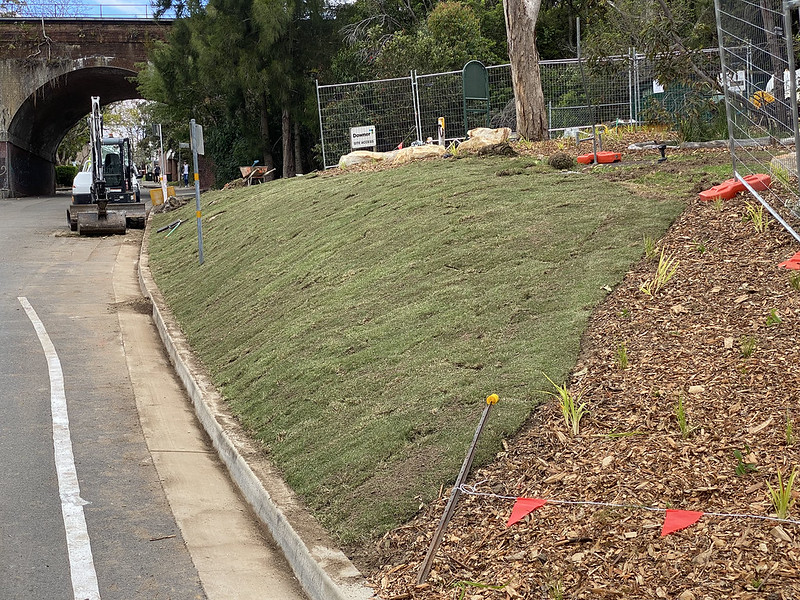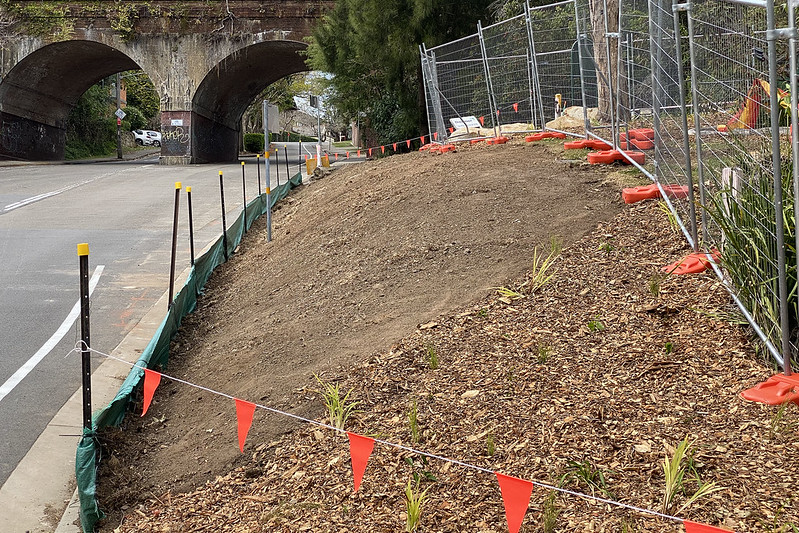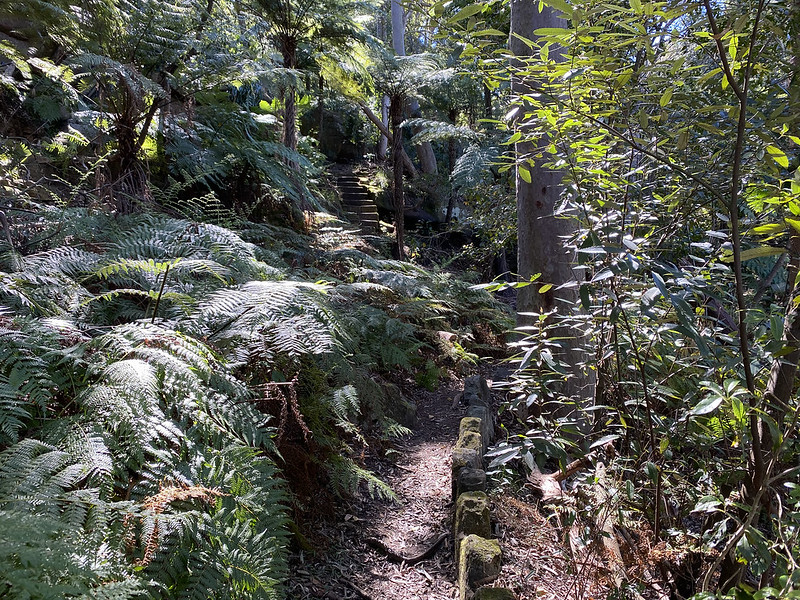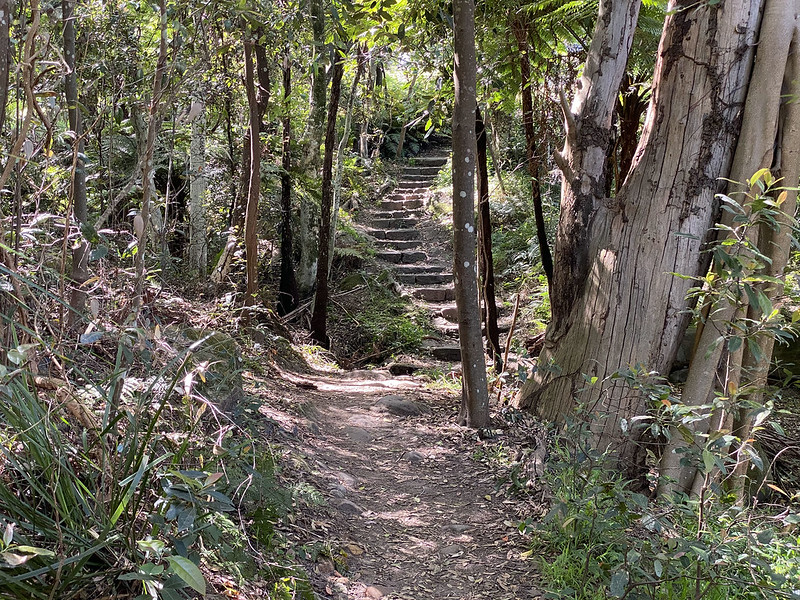I’d completed my lesson notes for the new week of online ethics classes yesterday, so I had today free to work on … other teaching notes!
I spent time doing the next level of detail in outlining the university Data Engineering course that I’ve been tasked with helping to sort out for early next year. I did a week-by-week lesson plan, indicating what should be taught during a lecture component and a practical lab/tutorial component for each week. Each week contains a few bullet points of material, including the course assessment tasks where appropriate. I started work on organising material from the previously existing course into the weekly components, and editing some of the old introductory material to fit the new course structure, but I realised I should get the lecturer to take a look at it first and sign off before I get stuck in too much further, lest it need any changes. So I’ve left that there for today, but it was a good solid chunk of work.
This evening I had the first three lessons on the new ethics topic of buying and selling. I start by asking them to think about what makes things valuable, and tell me their thoughts. I’m getting an interesting cross section of ideas so far, with qualities like rarity, age, sentimental value, usefulness, investment of labour time, and production costs all coming into it. Some kids even said nothing really has value other than people agreeing that it does – which is either insightful or they’ve heard that somewhere before.
Then I’m telling them the story of De Beers and their global monopoly on the supply of diamonds and how they artificially created the idea that diamonds are incredibly valuable. And I ask a bunch of questions around the ethics of them doing that. A few kids were shocked and said their price manipulations should be illegal, while others said if they owned the diamonds they could market them however they wanted, and it was good for their own business to do what they do, so no problem. So that’s a nice controversial one for starters!
New content today:











